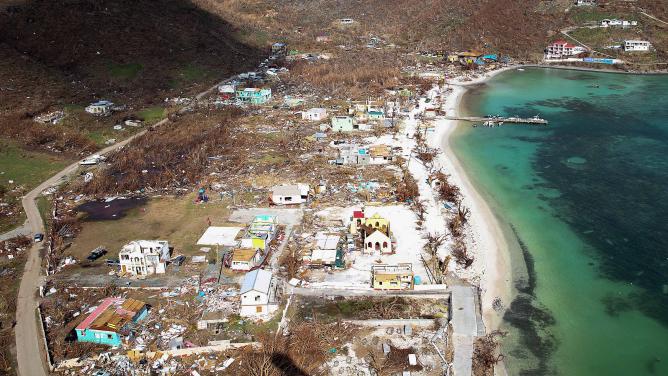It is no surprise therefore that the French capital has made sustainable development an integral part of the DNA of its candidature. There will be no more “white elephants”, i.e. infrastructure that is built specifically for the Games that is superfluous to the needs of inhabitants and therefore abandoned after the event. Indeed infrastructure is paramount in events of this magnitude. So, can the Olympics provide a good opportunity to accelerate the transition to urban resilience?
Putting Infrastructure at the Center of a Global Project
The debt accumulated by some cities following the hosting of the Olympics and the withdrawal of others during the selection process suggests that the Games might not be worth the effort. However, not all cities have failed in this exercise: Sydney, the organizing city in 2000, built an ad hoc Olympic village, which has now been transformed into a booming residential area. Los Angeles, which like Paris is a candidate for 2024 and 2028, can be proud of its achievements during its hosting of the 1984 event. In that year the city built an Olympic village that is now a university campus, and the accounts are in the black. What is it that determines the success of the legacy? It is the integration of infrastructure, whether new, temporary or existing, into a long-term vision that includes inhabitants, associations, businesses from diverse sectors and public authorities.


